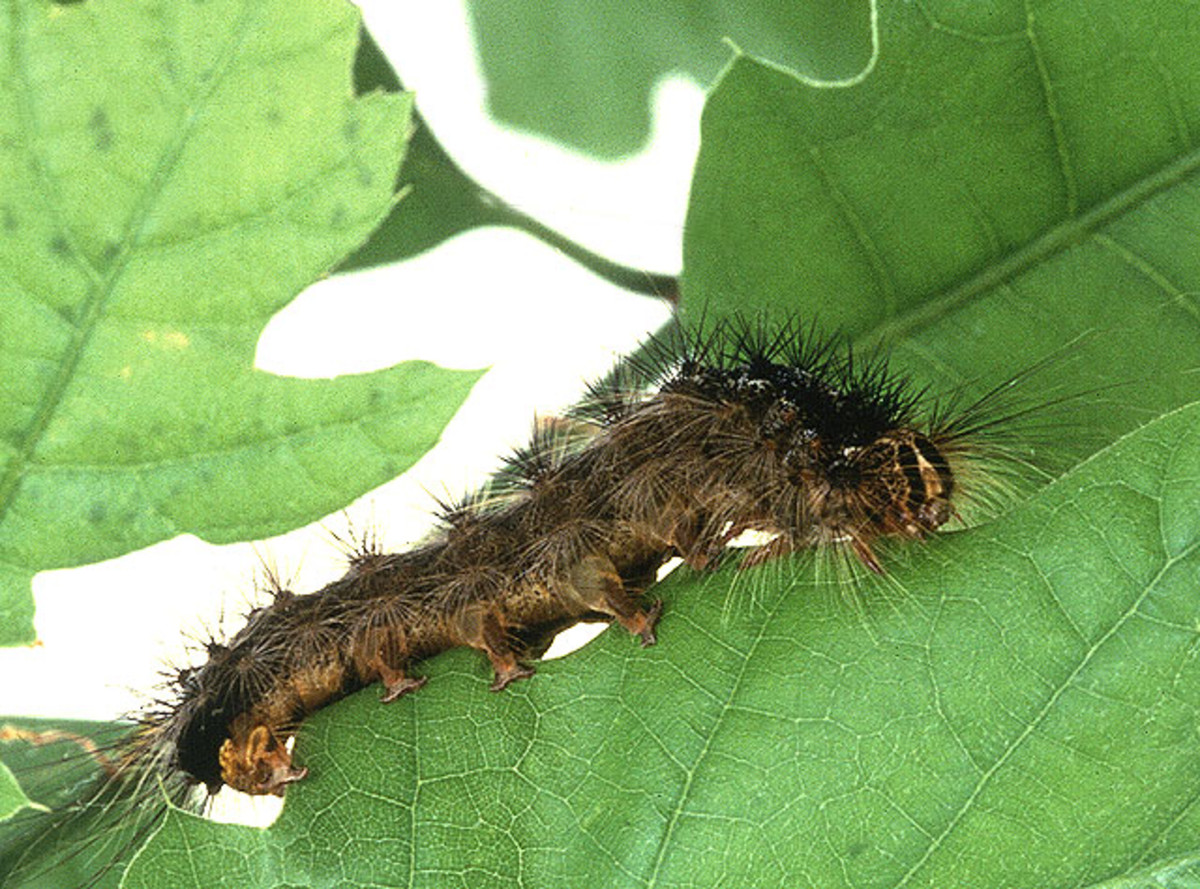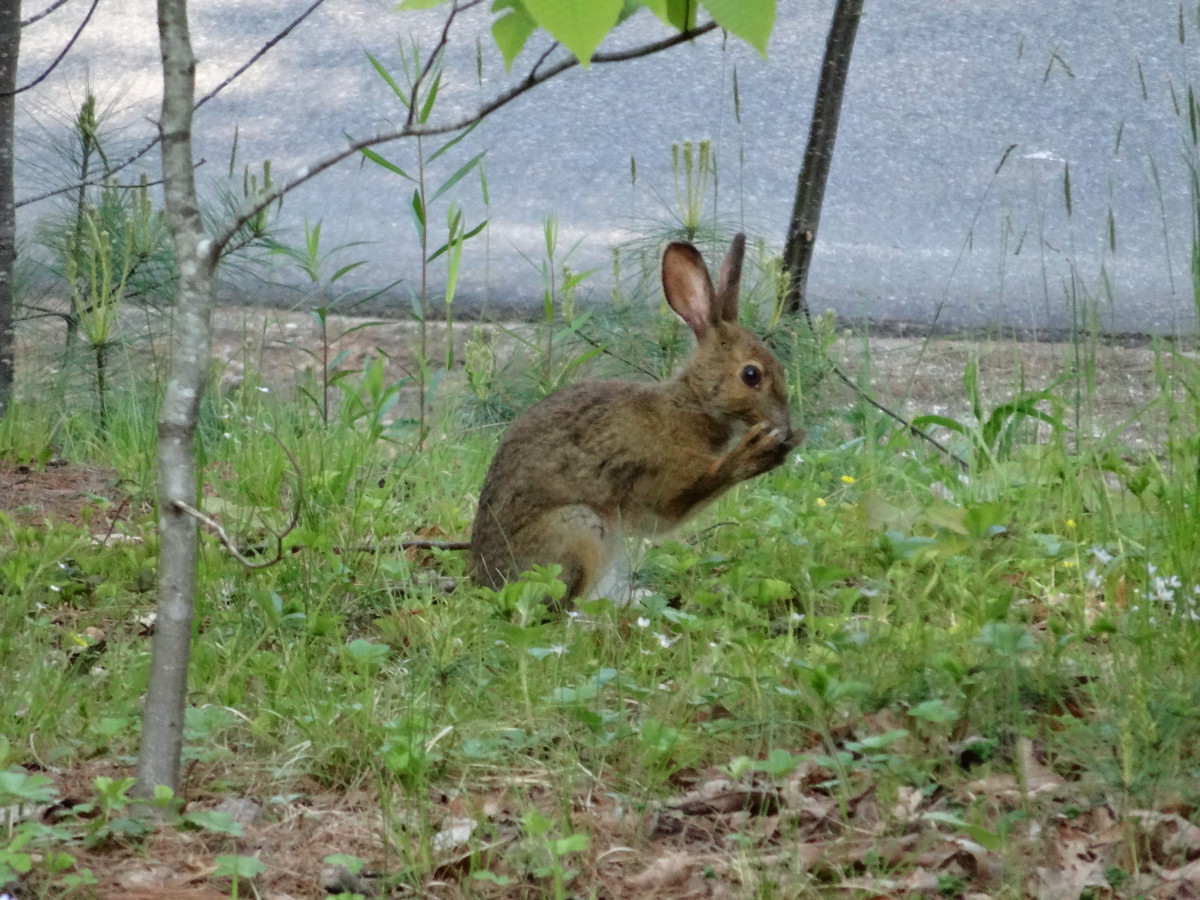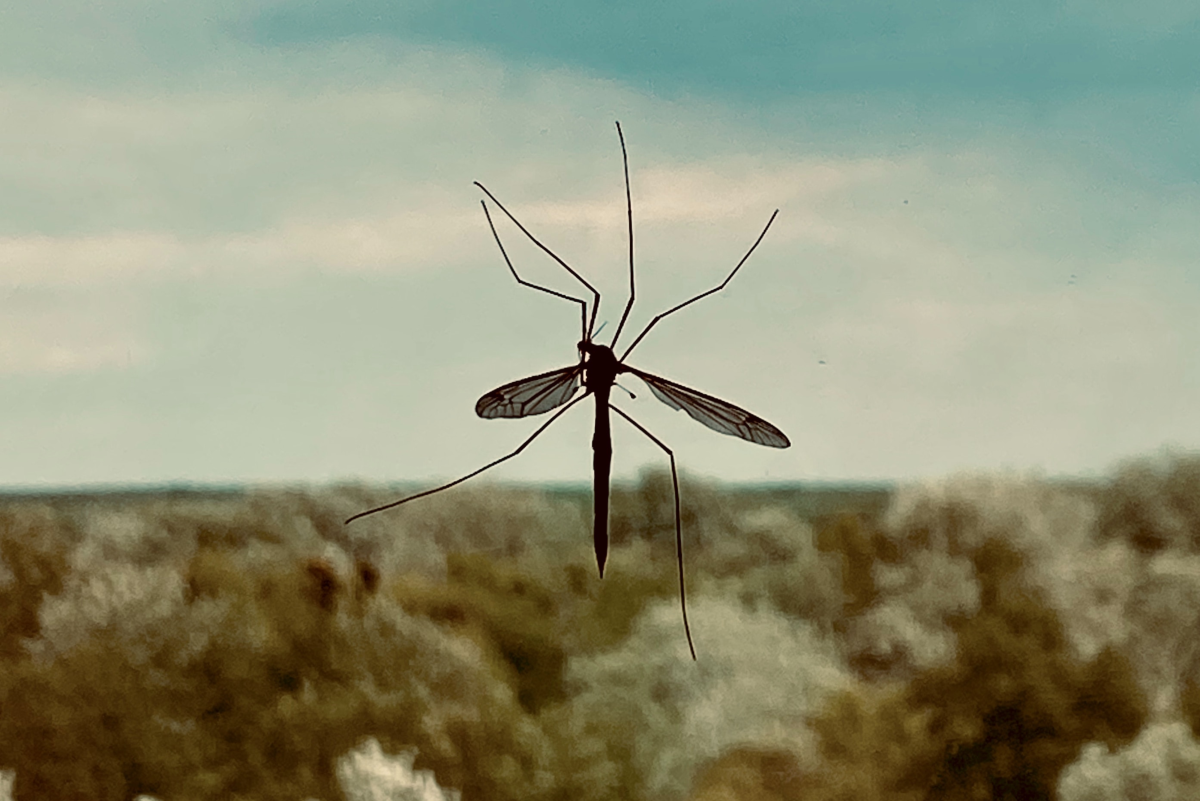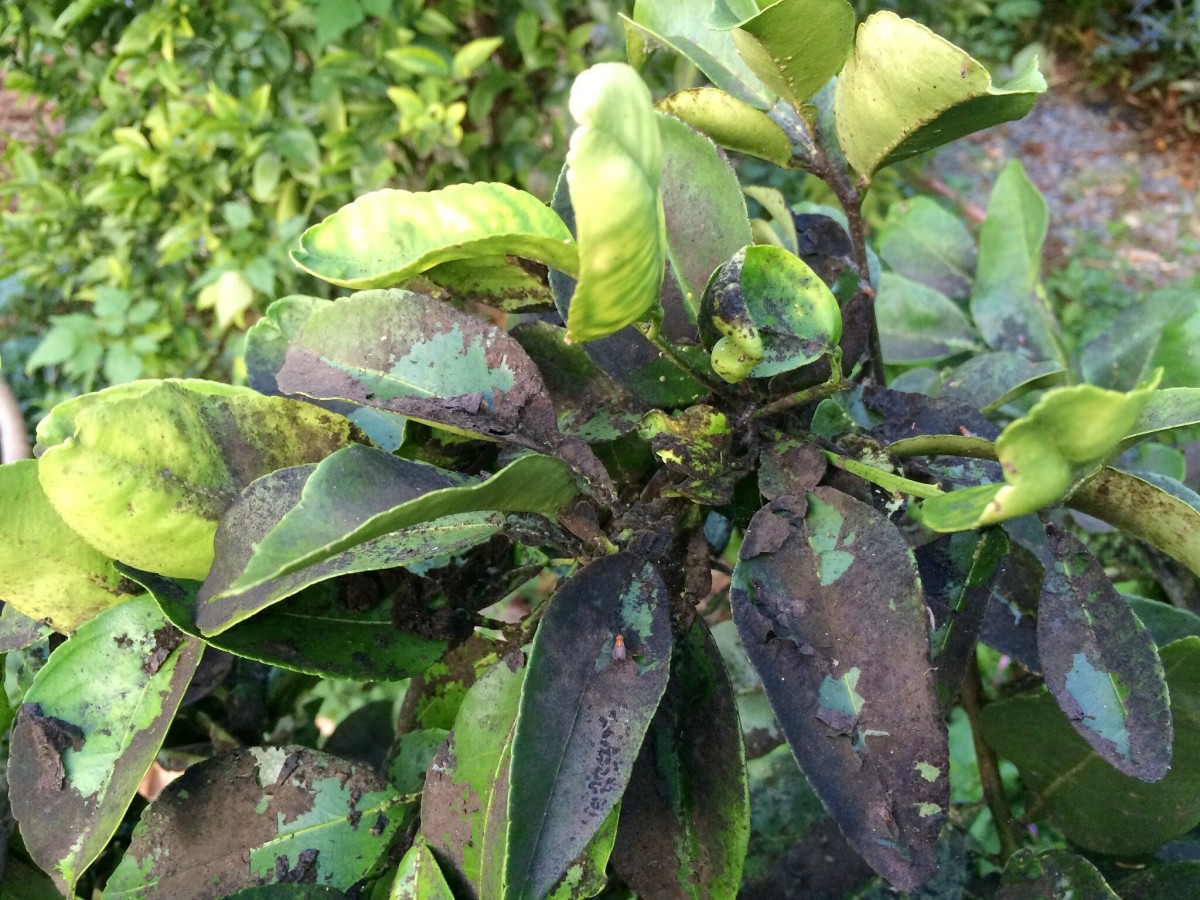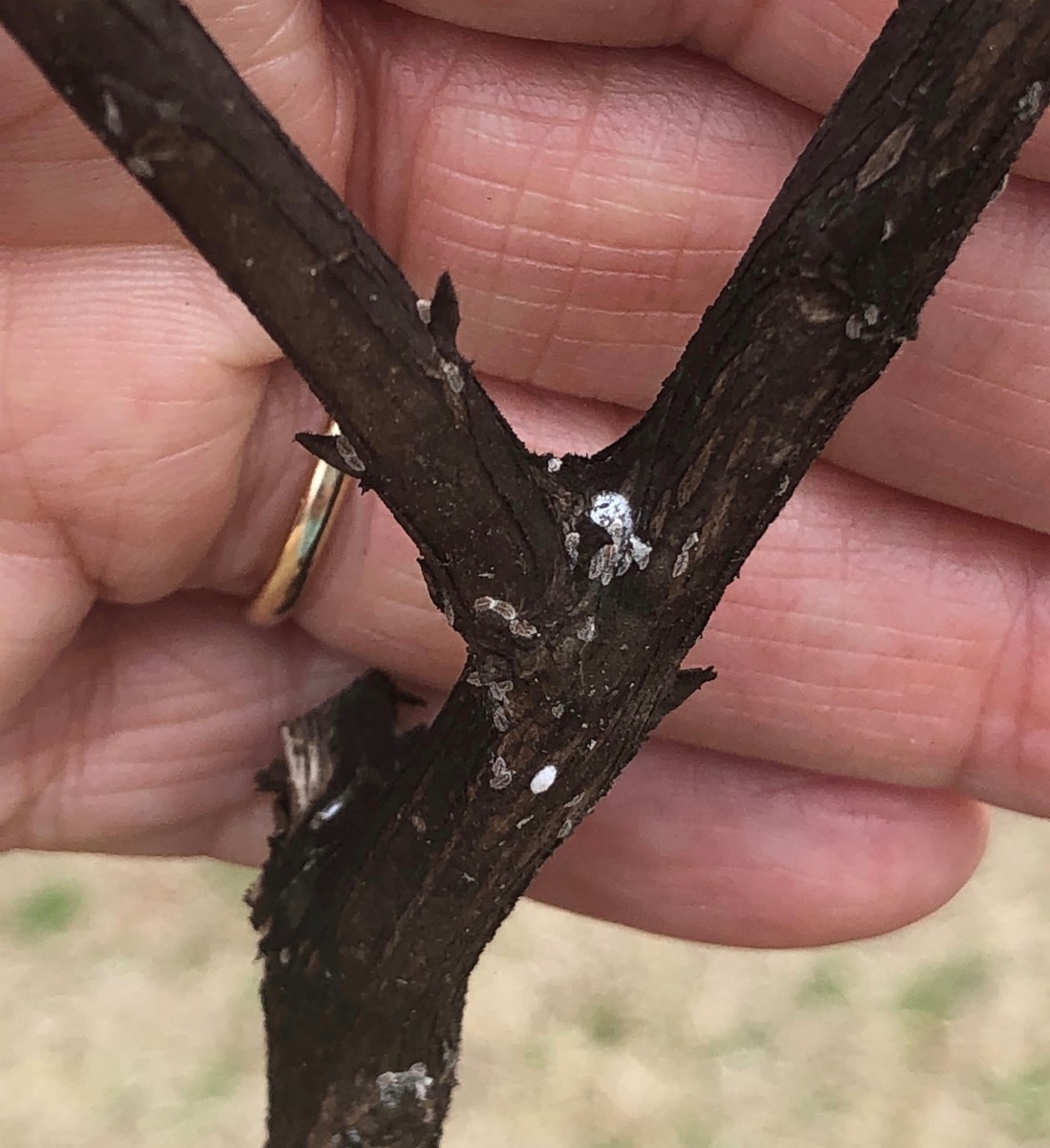How to Keep Raccoons out of a Garden

Raccoons: Pests and Predators
Movies portray them as cute little bandits digging through your trash or sneaking into food supplies. But many gardeners will tell you that there's nothing cute about raccoons. To a gardener or hobby farmer, these are the villainous creatures eating up their vegetables before they can be picked or sneaking into chicken coops and killing off the chickens.
Raccoons are smart and persistent
These critters are nothing if not resourceful. While this might be news to the novice gardener, most farmers are well aware of how troublesome raccoons can be and have to take measures to keep them out of feed, chicken coops and crops.
Once a raccoon figures out that they can get a free meal at your house, they'll be showing up for the buffet as you sleep away the night--blissfully unaware of the havoc they're wreaking while you're snug in your bed.
If you have corn, more than likely they'll go for that first. Don't think for a minute that you can pick it before they get to it, because these little critters like it best right before it's ripe. And when they're done with your corn, they aren't going to leave the rest of your garden untouched. They like much of the same foods you do, with the exception of peppers.
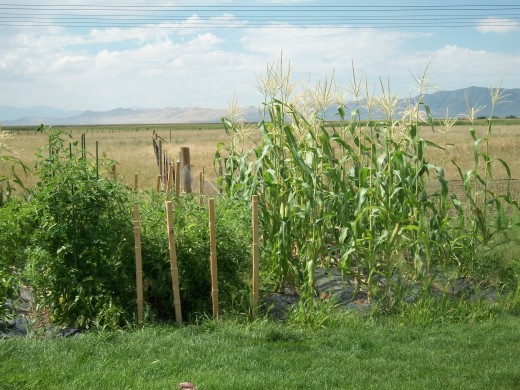
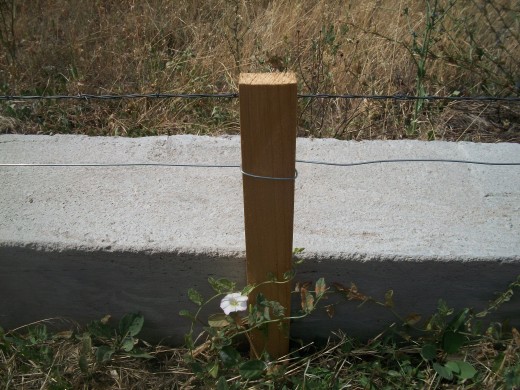
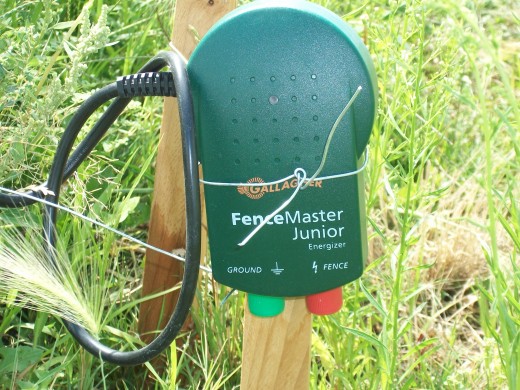
How can you get rid of them?
Many people have tried numerous things to keep the raccoons from making a mess of their yards, gardens and even fish ponds.
Traps are a popular option tried by many. Getting the raccoon in the trap doesn't seem to be much of an issue if you've got the right bait. But keeping them in there can be an issue, since they can chew their way through the lighter gauge wires on the cheaper traps. They also are quick learners and some of them can even open latches. Then there's the problem of what to do with them once you've caught them. Check with your local animal control to see what your options are in your city as far as this method goes. You may even be able to get some traps from them.
If you choose to relocate any raccoons you've caught in your traps, be aware that if there are any others in the area, they'll be sure to take the previous coons' place. So this could very well be an on-going battle.
Poison is another method with some obvious drawbacks. You could end up poisoning a pet or even a child by accident. This isn't a method I would recommend.
Sprays are available on the market that are supposed to repel pests, such as raccoons, from your yard or garden. There are some who have claimed success in using some of these sprays, but there are those who say they do nothing to deter raccoons. Do your homework in choosing a reputable company if you go the spray route.
Electric Fencing seems to be the most successful method of any others out there. In fact, we found success in using this method in our own garden. Animals do not like to be shocked, and once they put their little paws on that electrified wire, they're going to get a nasty surprise they didn't see coming. You can see how they wouldn't be likely to rush to repeat the experience.
The first night we put our electric fence up was the first night we stopped picking up partially eaten ears of corn and knocked over corn stalks from the ground around our garden. It's not that costly and has the added bonus of being safe for pets and children (though they won't be immune to getting a little shock if they touch the wire too), and it can also keep out other pests who were thinking of eating up your delectible goodies.
Be Responsible
Whatever method you choose, make sure to follow the guidelines and be responsible about it. Also keep in mind that if you decide to intentionally lure and feed raccoons, this can be dangerous. Raccoons are aggressive and they are also disease carriers. Their feces carry roundworm and some coons even have rabies. These are not the cute and cuddly pets you want around your family or neighbors.

